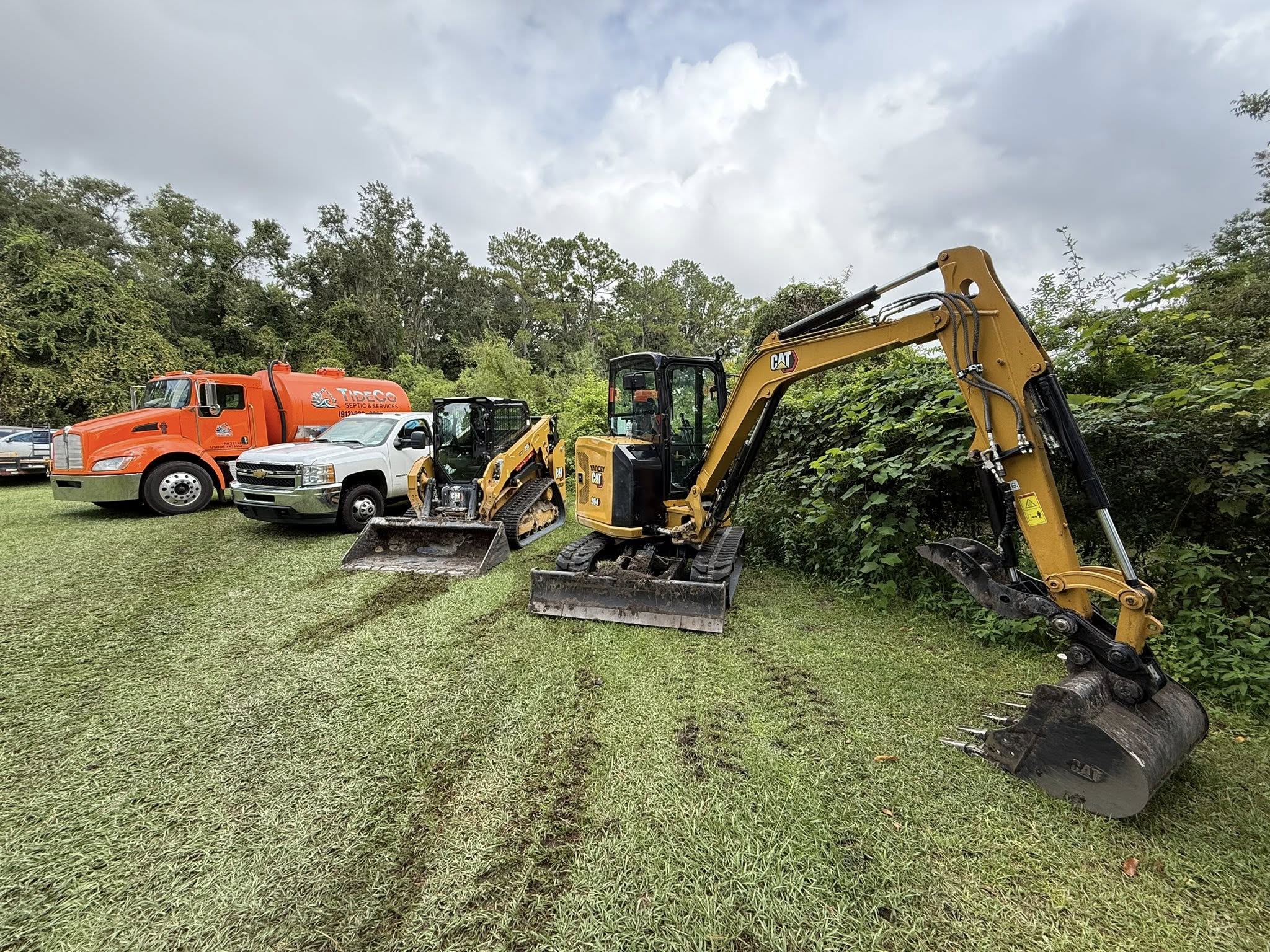
The Ultimate Guide to Septic System Maintenance: Ensuring Longevity and Performance Oct 30, 2025
Understanding your septic system is the first step to effective maintenance. Septic systems handle household waste and consist of a septic tank and a drain field. Wastewater flows into the septic tank, where solids settle at the bottom, forming sludge, while oils and grease float to the top, forming scum. The liquid waste is then dispelled into the drain field, where it undergoes further natural treatment.
Routine inspection and pumping are crucial components of septic system maintenance. Regular inspections, ideally every three years, help identify potential problems before they become costly repairs. Most tanks require pumping every three to five years, but this can vary based on tank size, household size, and water usage. Professionals like TideCo Septic can provide customized advice and service based on your specific system needs.
To ensure optimal functioning of your septic system, it’s important to be mindful of what goes down your drains. Non-biodegradable items, such as diapers, wipes, and feminine hygiene products, can block pipes and cause backups. Additionally, avoid pouring oils, fats, and grease down the drain, as these substances can lead to build-up within your septic tank, reducing its efficiency. Opt for environmentally safe household cleaners, as harsh chemicals can disrupt the natural bacteria balance in your septic system.
Conserving water is another vital aspect of maintaining a healthy septic system. Excessive water usage can flood your system, preventing proper treatment of waste and leading to potential problems in the drain field. Incorporating water-saving measures, such as fixing leaky faucets, using high-efficiency toilets, and spreading out laundry throughout the week, helps manage the flow to the septic system, preserving its efficacy.
Protecting the drain field is equally important to septic system health. Keep heavy equipment and vehicles off the drain field to prevent soil compaction, which can interfere with the drain field's ability to treat wastewater. Planting trees or shrubs with deep roots near the drain field can also pose a risk, as roots may grow into and damage the system components. Always consult TideCo Septic if you're uncertain about landscaping guidelines near your septic system.
Troubles with your septic system can often be avoided with early detection of warning signs. If you notice slow drains, gurgling sounds in plumbing, or unpleasant odors near your tank or drain field, reach out immediately to a qualified professional. Prompt action ensures that small issues do not develop into major, expensive problems.
In conclusion, diligent septic system maintenance involves regular inspections and pumpings, responsible water usage, and being cautious about what enters the system. By treating your septic system with care and attention, you not only extend its lifespan but also prevent unexpected and costly emergencies. For tailored advice and services, consult experts like TideCo Septic who can guide you in maintaining your system's efficiency and longevity. Remember, a proactive approach today keeps your system performing optimally tomorrow.
/filters:no_upscale()/media/5459090b-b6be-4da0-9f55-f83f08133f49.jpeg)
/filters:no_upscale()/filters:format(webp)/media/78d3e7a1-64c5-40bc-9ed3-7834dff171cf.jpeg)